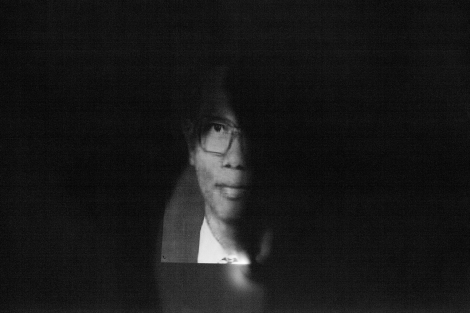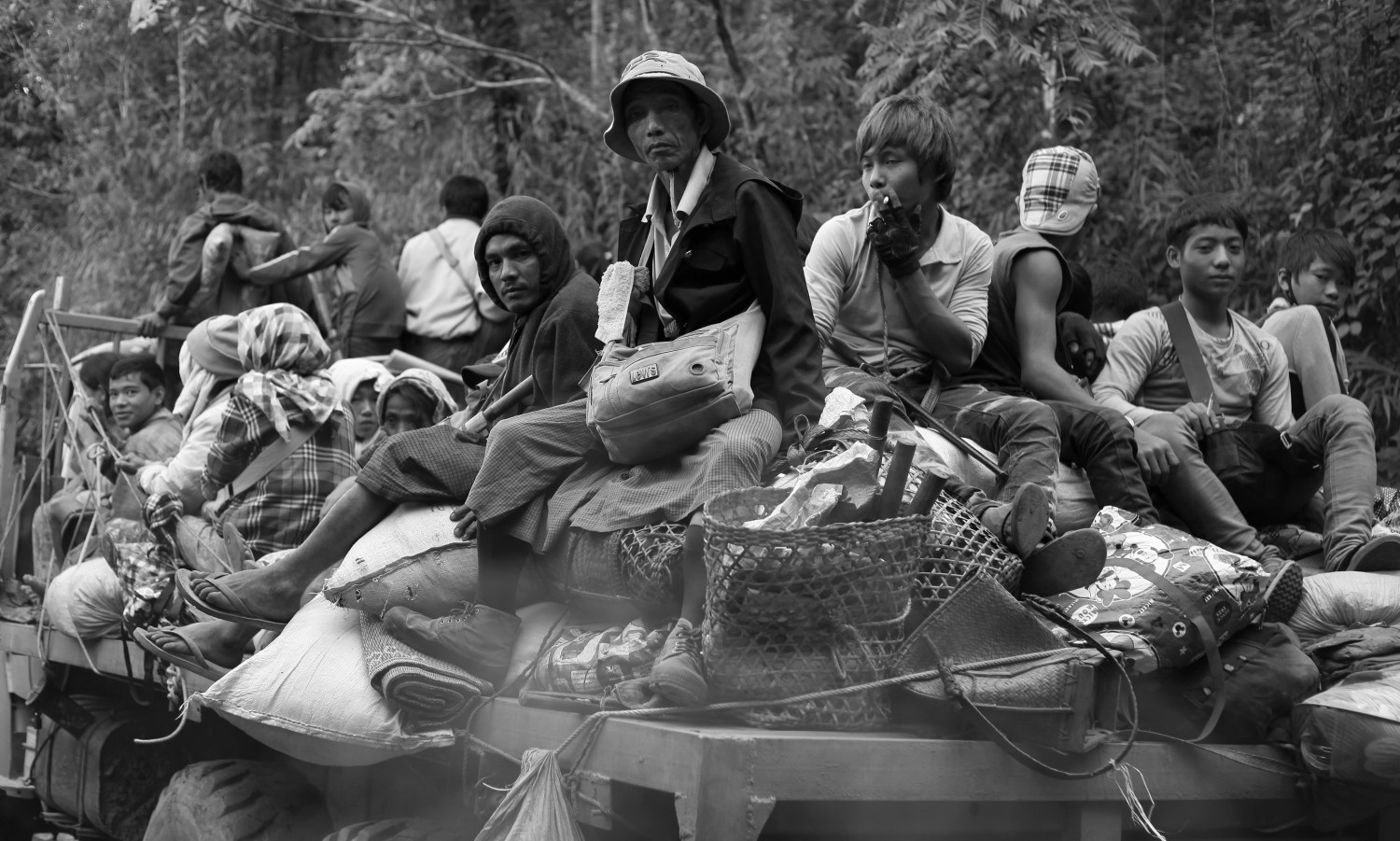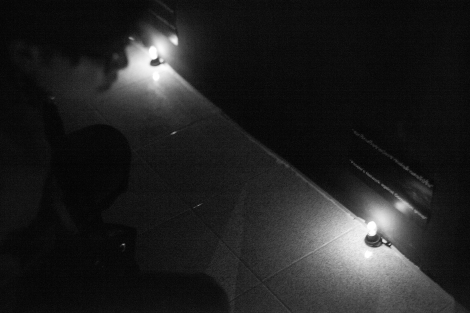(Update) – 2년전 어제(3/12) 태국무슬림인권변호사 솜차이 닐라파이짓(Somchai Neelapaijit)은 자신의 차량에서 5명의 경찰에 강제로 끌려나온뒤 사라졌다. 솜차이는 당시 태국남부 분쟁주에서 반군혐의를 받던 무슬림 청년들의 변호를 맡고 있었다. 유엔기구에 따르면 태국에선 1980년 이후 82명이 강제실종됐다. 단한건도 진실이 밝혀지지 않았고 누구도 처벌받지 않았다. 여전히 강제실종이 발생하는 이유다. 옥외행동이 철저히 금지된 요즘 방콕의 한 까페에서 관련한 아트전시회가 이 문제를 조명했다. 참고로, 솜차이아내 앙카나(Angkhana Neelapaijit)는 2006년 광주인권상을 수상했고 그의 투쟁은 2008년 광주 MBC에서 다큐로 상영된 바 있다.
March 12 (Sat) was the 12th anniversary of enforced disappearance of the human rights lawyer Somchai Neelapaijit in Thailand. He has gone missing during the time when he represented Muslim defendants in terrorism cases in the country’s troubled South in 2004. Thaksin Sinawatra, who was ousted by military coup in 2006, was the then Prime Minister. On January 13, 2006, Thaksin has reportedly said that state officials were involved in Somchai’s abduction and killing :
“The DSI [Department of Special Investi-gation] is working on this case and murder charges are being considered. I know Somchai is dead, circumstantial evidence indicated that … and there were more than four government officials implicated by the investigation.”
Thai penal code however does not recognize enforced disappearance as a criminal offence. So prosecutors “filed only assault, coercion, and robbery charges against the five police implicated in Somchai’s abduction”. In 2011, the Appeals Court ruled five police officers, who were thought to have abducted Somchai, not guilty. The decision was upheld on Dec. 29 2015 at the Supreme Court.
Somchai has become a symbolic figure of enforced disappearances of the country, where disappearing dissents or “suspects” has taken place in an unscrupulous manner till today under the military government. In fact enforced disappearances never disappeared in Thailand, particularly in Deep South, where renewed insurgency have been witnessed since January 2004 claiming 6,000 lives, and also up North. Even army officers have vanished in mysterious circumstances. Since 1980, the United Nations Working Group on Enforced or Involuntary Disappearances has recorded 82 cases of enforced disappearance in Thailand who is a signatory of the International Convention for the Protection of All Persons from Enforced Disappearance since 2012. Yet the country hasn’t ratified it.
As a timely reminder, Thai artist Jirawut Ueasungkomsate has presented us those who have been forcibly disappeared in an unique art exhibition called This is Not a Political Act. It’s his first solo exhibition, in which he has selected 15 of the victims. The portraits in black and white and often blurry, to which spectator would torch-light on to appreciate, resonates thoughtful and lingering moments. It paradoxically reflects the reality isn’t and shouldn’t black and white. Even if you blame me ‘bad’ guy, that doesn’t make you ‘good’ one.
Here is the second half of the artist’s statement.
If our own freedom was taken away, what would be the righteous jurisdiction that can arbitrate “the absolute truth” when I see THIS but you see THAT?
“This is not a Political Act” is the art work build on the essential of the liberty of choice, along with the question on the boundaries between art and political act. We can easily see the borderline with our own eyes, but in this deeper context : the process of our perception is the state of justifying thing on the lightness of defining : THIS and THAT, the artist’s intention and the spectator’ perception, the art and the political act.
The exhibition lasts until April 3 at WTF Gallery & Cafe at 7 Sukhumvit Soi 51, Bangkok.
All rights reserved © Lee Yu Kyung / Penseur21

Artist and Victims families of enforced disappearances in Thailand stand together. Angkhana Neelapaijit (center) is a wife of the missing lawyer Somchai (© Lee Yu Kyung)

A bunch of Booklets featuring those who’ve gone missing is part of art exhibition : ‘This is Not a Political Act’ (© Lee Yu Kyung)

Somchai Neelapaijit has become a symbolic figure of enforced disappearance in Thailand. He has disappeared on March 12 2004 when he represented Muslim defendants in terrorism cases in the country’s troubled South as a human rights lawyer (© Lee Yu Kyung)

Mr.Arun Mong was abducted from his wife’s house at Saba Yoi district, Songkhla province by armed men in balaclavas on January 6. It was around 5pm when a group of four or five men forced Arun out him in their pickup truck – that was the last time Arun’s family saw him. Ms Tassani Mong, one of Arun’s daughters, said her father’s abduction could be related to the Narathiwas Pieng army camp arsenal robbery of 4 January 2004 (two days prior to the disappearance). She said that since he was a newcomer to Saba Yoi district, he was an obvious suspect in the eyes og the police. However suspicions were not based on any concrete evidence (© Lee Yu Kyung)

A spectator is reading booklet of ‘This is Not a Political Act’ which featuring Thailand’s enforced disappearance. (© Lee Yu Kyung)




